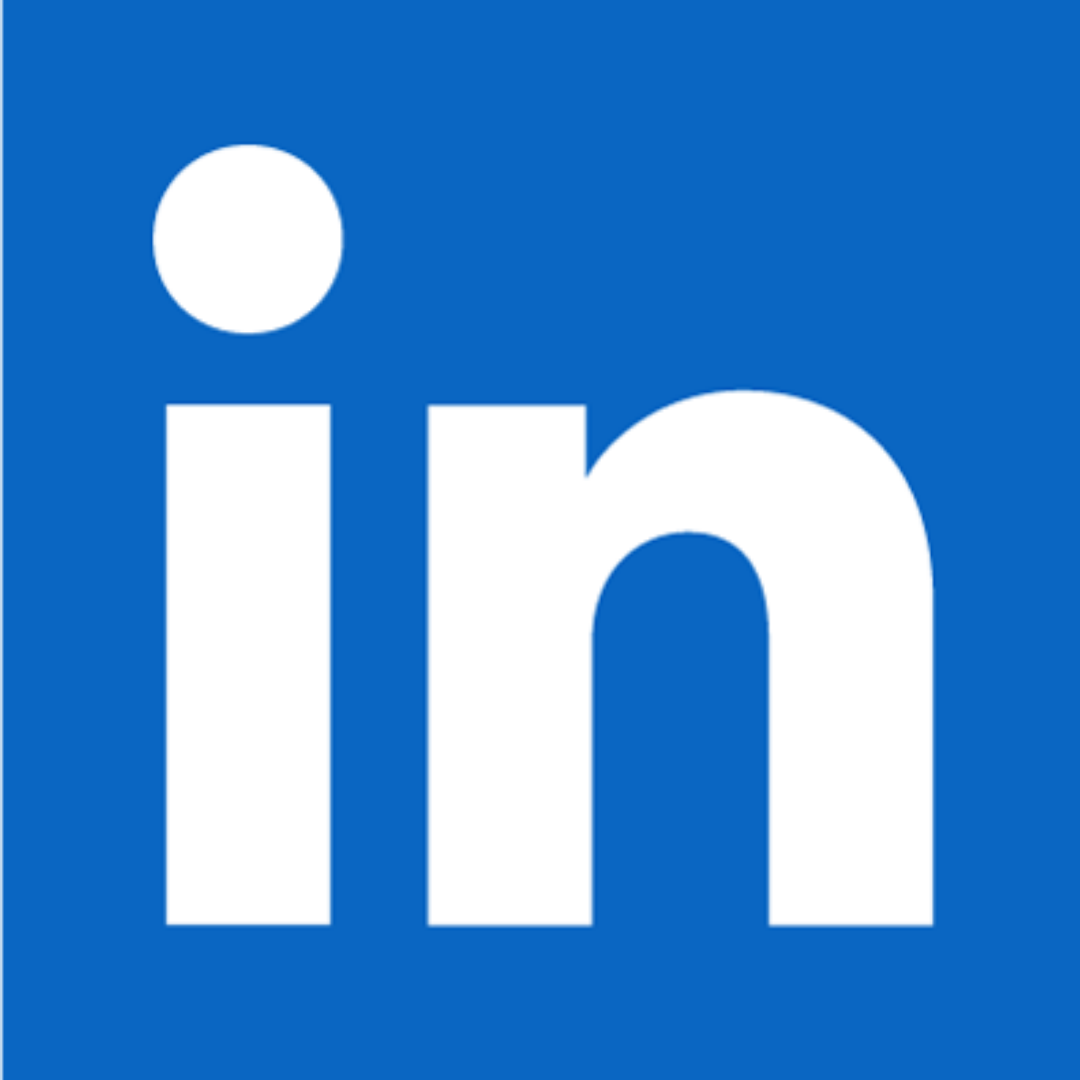13 Oct 2025
Global pressures are shaking many industries - but not all. Childcare, healthcare, and aged care keep showing strength because they’re tied to fundamental human needs. And those needs aren’t going anywhere.
So why does HR have such a significant impact in these organisations?
Working with Vulnerable Populations
Childcare, healthcare and aged care professionals are entrusted with children, the elderly, and those requiring medical care - people who rely on these services at their most fragile moments.
For HR, that means the stakes are incredibly high. Every hiring decision, every policy, every training program directly impacts the quality of care and the safety of the people these industries serve. Strong HR frameworks build trust, ensure standards are met, and ultimately protect both the workforce and the community.
Managing Large and Complex Workforces
One of the defining challenges of these sectors is the sheer scale and diversity of their workforces. Organisations often employ thousands of people, with a high proportion of casual, part-time, and shift-based staff. The 2023 Aged Care Provider Workforce Survey estimated approximately 549,000 people in the aged care workforce in Australia. Of those, about 414,000 were in direct care roles.
This complexity can create unique challenges: managing ER matters, maintaining fair workplace practices, and ensuring communication flows across such a varied employee base. Without effective HR processes, the risk of inconsistency or disengagement grows quickly. Skilled HR teams bring structure, fairness, and cohesion to large workforces that simply cannot afford disruption.
Operating in Heavily Regulated Environments
Childcare, healthcare and aged care are some of the most heavily regulated industries in Australia. From staff-to-client ratios and safety standards to detailed compliance and reporting requirements, the rules are strict.
In this context, HR is more than a people partner; it’s the bridge between regulation and reality. Effective HR ensures that compliance obligations are met without compromising employee wellbeing, and that regulatory standards translate into clear, practical processes on the ground. This reduces risk and creates a safer, more consistent environment for both employees and the communities they serve.
Navigating Workforce Shortages
One of the biggest ongoing challenges in these industries is a chronic shortage of skilled workers. Whether it’s nurses, carers, or early childhood educators, demand continues to outpace supply. According to the Australian Childcare Alliance, as of late 2023, more than half of childcare centres across Australia had to cap enrolments due to staffing shortages, leaving families without childcare and many parents unable to work if unable to find other arrangements.
Here, HR becomes the driver of workforce strategy:
Attracting the right talent in a competitive market.
Building retention strategies that go beyond pay.
Creating environments where people feel valued, supported, and motivated to stay.
The Bottom Line?
These industries carry a huge responsibility to the community, and strong HR is the foundation that allows them to deliver on that responsibility.
If you're in HR and purpose drives your career decisions, a role in childcare, healthcare, or aged care might be exactly what you’re looking for!
I’m a Jobseeker
Submit your CV and let's find you your perfect match.
I’m an Employer
Find your next dream hire with us.












